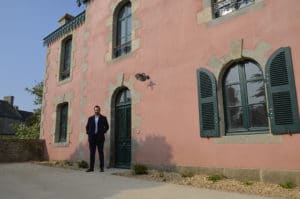" Heritage is a set of tangible and intangible assets of recognised artistic or historical importance, one of the major challenges of which is the transmission from one generation to another. This is why it cannot be said that "everything is heritage" or that "everything is culture". In the case of the Alexis Le Gall cannery, the building and its objects were recognised by the State and classified as Historic Monuments because they embodied both a local identity and a territorial and national identity, since it is the last cannery to be preserved in its "authentic" form in the region of Brittany and in France, presenting a clear historical legibility. "Johan Verdier, Director of the Musée de la Conserverie
After three years spent in the retail sector as a sales manager, Johan Verdier-Matayron took over the management of the Alexis Le Gall canning factory museum, where he is currently overseeing the operational implementation. Trained in the management of architectural and artistic heritage, this professional in heritage development is happy to have been able to return to the cultural sector, to which he is particularly attached. He tells us more about his career.
His background professional
I completed a degree in art history and archaeology at the University of Pays de l'Adour in Pau. Then, in 2015, I joined a master's degree in "management of architectural and artistic heritage" given by the University of Western Brittany within the Pierre-Jakez-Hélias centre in Quimper. Within the framework of this training, I carried out an assignment with the port-museum of Douarnenez to coordinate the "Museum outside the walls" project for the 2016 Maritime Festivals.
Following this, I obtained my Master's degree in 2017 and then entered the professional world as an assistant manager at LIDL following a student job. I was then appointed as a shop manager for the same group. This experience in the retail sector allowed me to acquire multiple professional skills, particularly in terms of team management, staff working hours management, and monitoring the shop's supplies and logistics.
After this professional experience, I wanted to return to the cultural sector to which I had devoted my years of study. It was in this context that I applied in the summer of 2020 for the position of project manager/director of the Alexis Le Gall cannery museum. This position was made for me, due to my previous professional experience, whether as a manager of a supermarket or in the context of services to local authorities. In fact, in 2018, I carried out a mission as a heritage development consultant for the Trégor rural museum in Guimaëc. With the association of the Friends of the museum, we worked on the redesign of the museum's itinerary and the inventory of the collections. My commercial experience also put me in a good position to meet the expectations of the municipality of Loctudy, particularly concerning the setting up and management of the museum shop of the Alexis Le Gall cannery.
His notion of heritage
Heritage is a set of tangible and intangible assets of recognised artistic or historical importance, one of the major challenges of which is the transmission from one generation to another. This is why we cannot say that "everything is heritage" or that "everything is culture". In the case of the Alexis Le Gall cannery, the building and its objects were recognised by the State and classified as Historic Monuments because they embodied both a local identity and a territorial and national identity, since it is the last cannery to be preserved in its "authentic" form in the region of Brittany and in France, presenting a clear historical legibility. It is an industrial heritage that highlights the know-how and skills that are still practiced today in contemporary canneries, such as the Breton cannery of Penmarc'h Saint Guénolé.
Its role in the of the museum project
As project manager, I am responsible for what I would call the "setting to music" of all the elements of the museum project. This involves organising the different areas: administrative and legal, technical and logistical, commercial, communication and mediation.
Among the major actions to be followed up are the installation of the collections, the setting up of the shop furniture and the correction of the panels and scenographic elements with the museographic team.
I recently followed up on the week's filming in Loctudy by the company Clap 35, whether it was for the sequences filmed in the museum, in the town hall or in the premises of our partners on this project. I am currently working on the elements linked to the organisation of the museum's inauguration.
As part of my duties as the future director of the Alexis Le Gall Cannery Museum, I also represent the establishment with our partners and service providers whom we solicit on various aspects of the project, particularly concerning the shop. On this occasion, I made contact with several local players to supply the shop, in accordance with the political will of the municipality of Loctudy.


